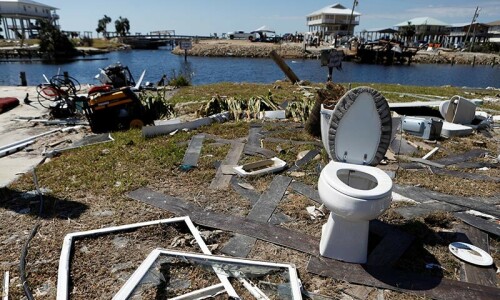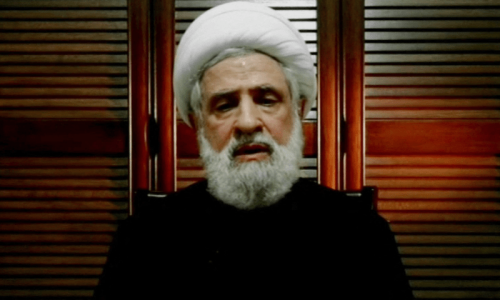THE lives of working men and women in this country apparently have little value. When lives are lost in industrial accidents there is immediate clamour for accountability and better health and safety regulations. But soon enough, as other events compete for space in the news cycle, these lives are forgotten. It is hoped that this will not be the case with the 16 workers who died in a factory fire in Karachi’s Korangi area on Friday. But if the Baldia fire tragedy — Pakistan’s worst industrial fire incident and a deliberate act of arson — is anything to go by, we cannot be very hopeful that workers’ safety will be on top of the state’s agenda, as little has changed since that disaster in 2012. While the factory owners must be penalised — a case has been registered against them — for poor conditions at the luggage factory, the bigger question concerns industrial safety and labour inspectors of the Sindh government. Had they been doing their job, the workers at the Korangi factory might still have been alive, or at least the damage from the blaze could have been minimised.
Clearly, health and safety of workers is not a priority for either the employers or the state in Pakistan. The ILO says that Pakistan has “poor occupational safety and health (OSH) in both formal and informal sectors” while the UN body adds that “most ... enterprises in the organised sectors are not aware of OSH risks and hazards”. This is an apt assessment of the situation on the ground. For example, the Korangi factory was located in a congested area while accounts in the media say the unit had only one passage for entry and exit. Conditions in the ill-fated Baldia factory had also been described as prison-like. The unfortunate reality is that most health and safety laws are rarely enforced in Pakistan. Industrial units often operate in residential areas, at times storing hazardous chemicals, while fire drills and safety mechanisms at most units are unheard of. The result is frequent deaths and injuries to working people, with little by way of accountability of employers. If the state values human life, then it should enforce health and safety protocols at industrial units across the country. The process should be transparent so that inspectors cannot let off offenders who often offer bribes, while those guilty of violating safety protocols must face stiff penalties so that human lives are not needlessly lost.
Published in Dawn, August 29th, 2021











































